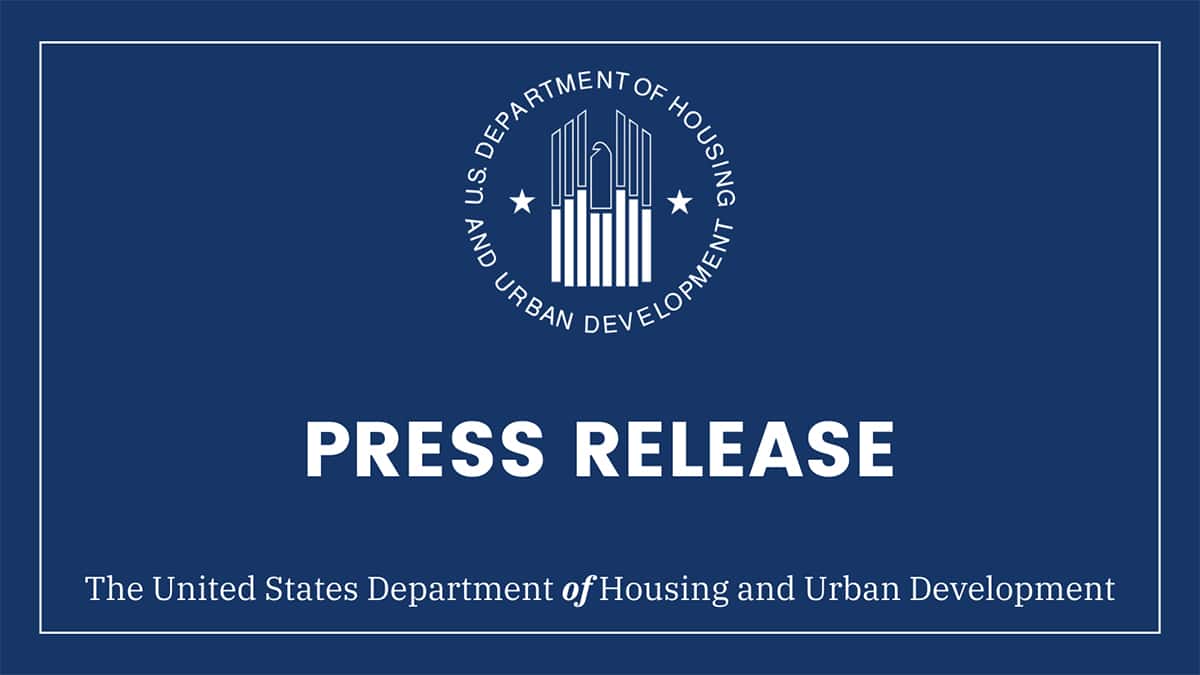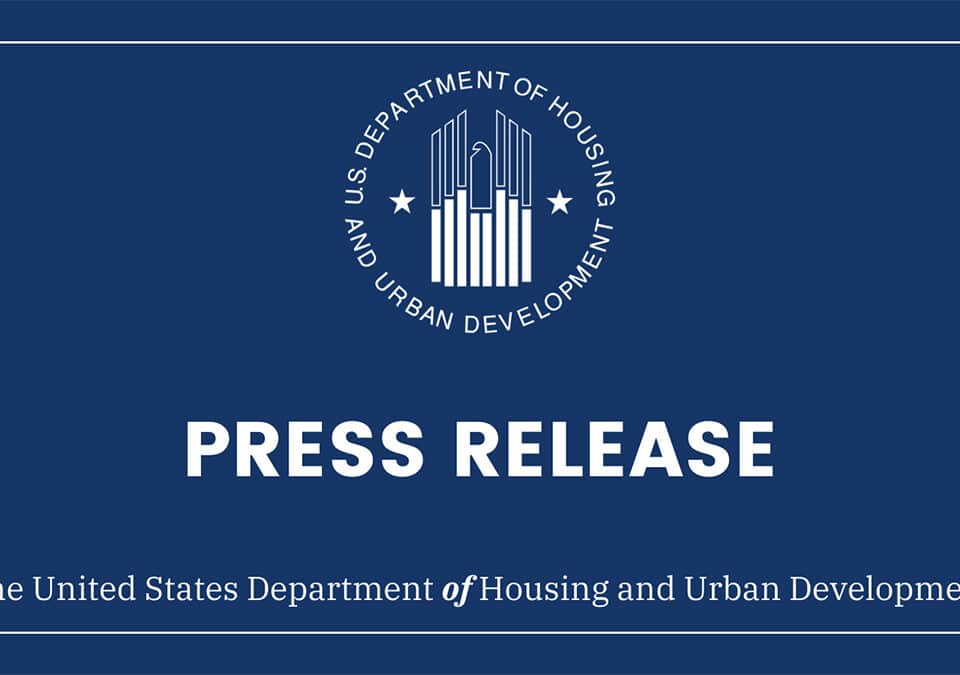
Evaluation of the HUD Older Adult Home Modification Grant Program – Final Report: Cohort 1 (Fiscal Year 2021) Grantees
August 28, 2025
Worst Case Housing Needs: 2025 Report to Congress
November 20, 2025This post was originally published by the Department of Housing and Urban Development.
Moving to Work (MTW) is a demonstration program that reduces federal regulations and empowers
public housing agencies (PHAs) to be innovative in addressing the housing needs of their communities.
MTW exempts PHAs from many of the rules that apply to the standard Public Housing and Housing
Choice Voucher (HCV) programs and gives them flexibility in using their federal funds, with the goal of
(1) increasing the cost-effectiveness of federal housing programs, (2) encouraging greater self-sufficiency
of households receiving housing assistance, and (3) increasing housing choice for families with low
incomes. In 2016, Congress directed the U.S. Department of Housing and Urban Development (HUD) to
expand the MTW demonstration by adding 100 PHAs through a series of cohorts and to evaluate the
outcomes of each cohort.
This evaluation focuses on the initial cohort of 31 smaller PHAs, the Flexibility Cohort. This report is the
last of a series of four annual reports evaluating the experience of the Flexibility Cohort. Since being
offered the opportunity to be part of the MTW Expansion in January 2021, Cohort 1 PHAs have
implemented 199 approved waivers activities. Many PHAs opted to start small and simple to gain
experience, but implementation appears to be ramping up. Two of the most popular activities—less
frequent reexaminations and higher minimum rents—support cost-effectiveness and self-sufficiency.
Some PHAs have also implemented work requirements.
Although the evaluation did not find that the PHAs’ MTW activities had any significant positive effect on
outcomes related to cost-effectiveness, self-sufficiency, or housing choice, the evaluation did not
differentiate between flexibilities that encourage self-sufficiency and other types of waivers. If it had done
so, it may have found such effects from self-sufficiency-focused waivers. In addition, it may be too soon
to observe such effects given where PHAs are in implementation. The flip side is that, consistent with
other MTW studies, no evidence indicates that regulatory and funding flexibility lead to higher program
costs or worse outcomes for tenants. The PHAs in the study welcomed the autonomy and flexibility to
better tailor activities to the needs of their communities, although many experienced challenges in
implementing program changes.
MTW Expansion has reached its target of expanding to 100 PHAs, and HUD’s fiscal year 2026 budget
request does not request funding for the Public Housing or HCV programs. HUD’s budget request reflects
lessons learned from MTW on the benefits of deregulation and the position that states, not the federal
government, should make decisions on how to support rental housing affordability. HUD’s role is to
provide information and tools to support states in their choices. This study contributes to the knowledge
base for the next generation of state-led housing assistance, offering examples of flexibilities that work
well, lessons for efficient implementation, and pitfalls to avoid.
An accompanying appendix provides information on each of the 28 Flexibility
Cohort Public Housing Agencies With Approved Moving to Work Supplements.
Visit the Moving to Work Cohort #1 study page for background information, the
research design, and additional reports.


